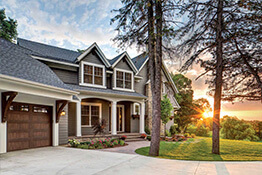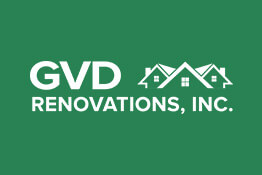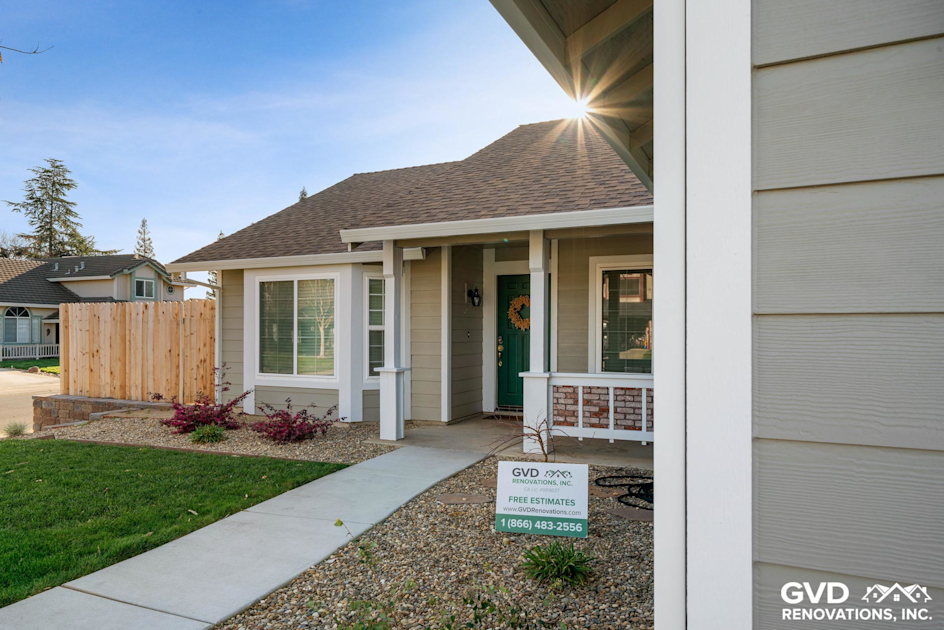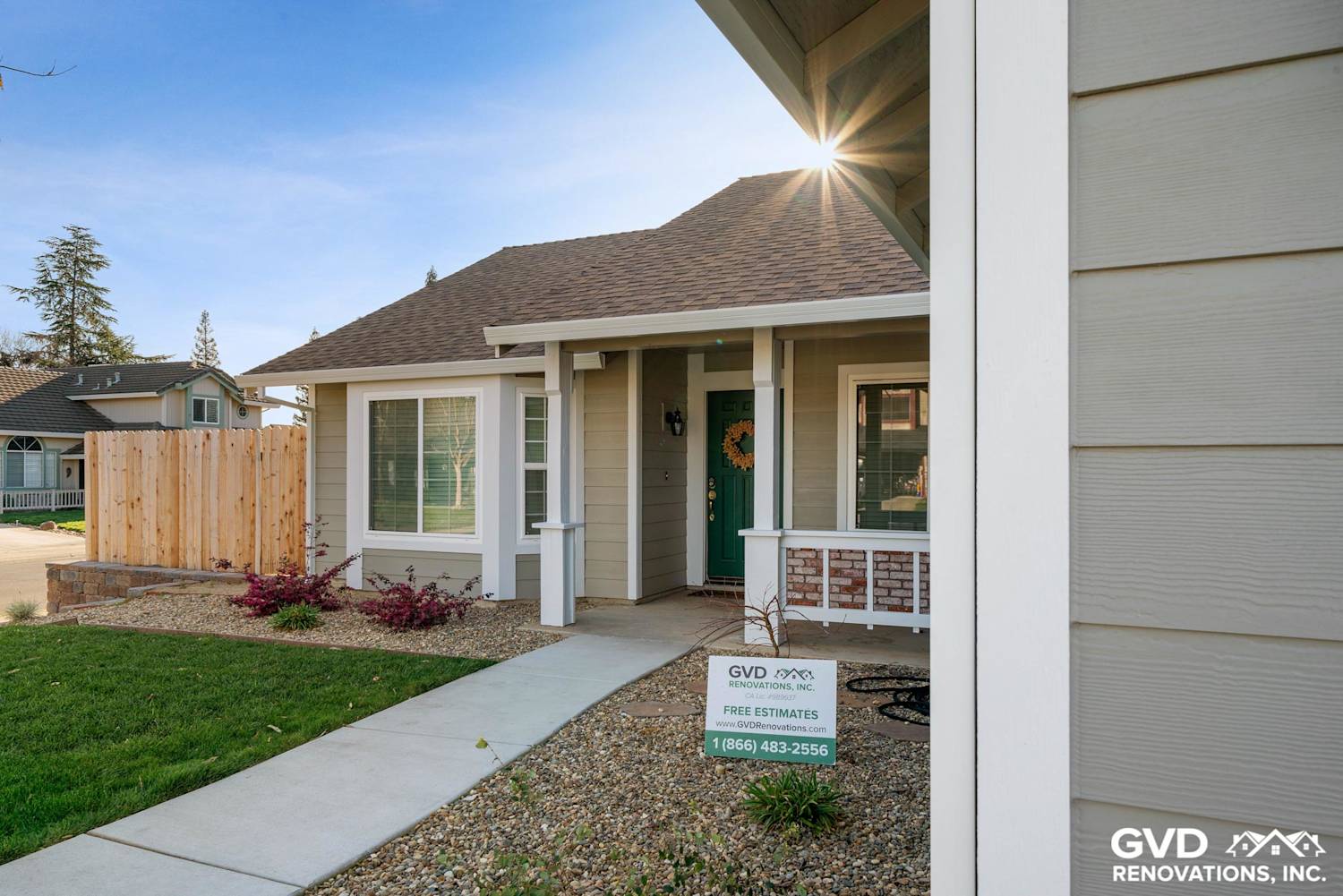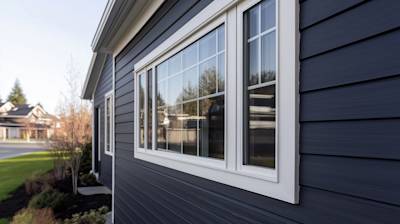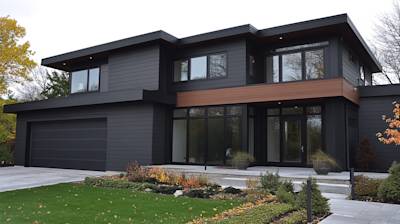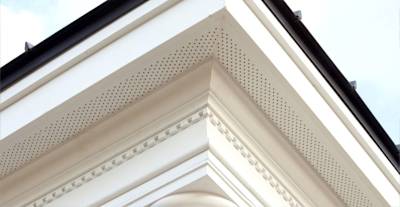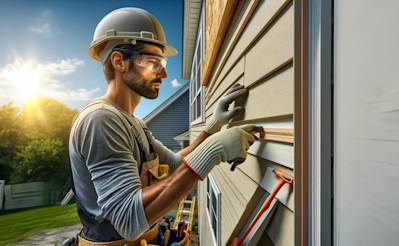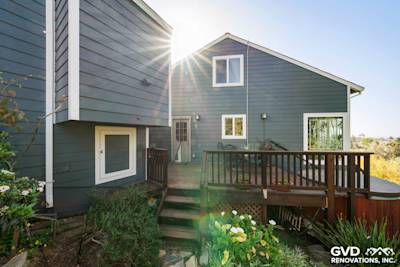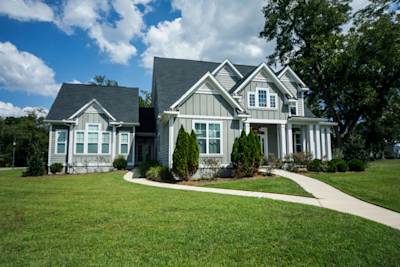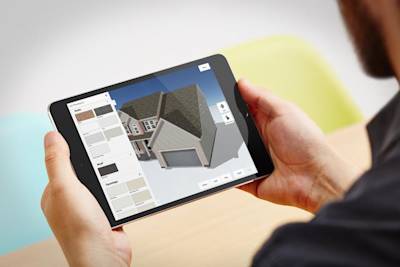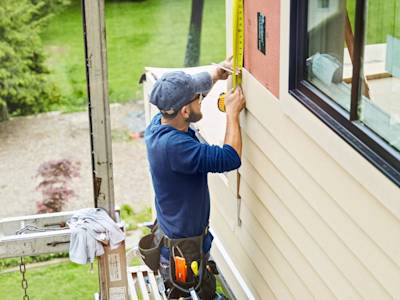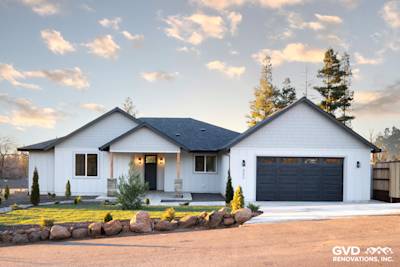Replacing your home's siding is one of the best ways to improve your curb appeal and get a high return on investment.
But that doesn't mean you have to stick to the traditional horizontal siding. You can easily flip those panels over and give your home vertical siding instead.
Which choice is better, though?
It depends on your circumstance. We've put together this guide to help you choose between vertical vs horizontal siding, so keep reading below for some helpful tips!
Vertical Siding: The Pros and Cons
It's more common to find vertical siding on commercial buildings. However, it can be a beautiful option for residential homes as well. Here's a closer look at a few of the reasons you might want to choose this design style.
Pros:
If you want your house to stand out in your neighborhood, installing vertical siding will do the trick. Since it's so unique, it will be a real attention-getter to anyone who drives past your house. Your house will draw their eyes, even if they aren't quite sure why at first.
Makes Your Home Look Bigger
The vertical lines this type of siding creates make your home appear taller than it really is. Because of this, vertical siding gives your home a larger, more elegant feel.
Easier to Clean
Do you live in an area that has a lot of dust? It's easier to clean vertical siding since there's nothing that blocks the water from flowing all the way to the ground, washing any dirt and debris away with it. If you need to clean your siding often, this style will make your job much faster.
Plenty of Choices
You can install almost any type of siding vertically instead of horizontally, so you aren't limited when it comes to choices. No matter what you're looking for, you can find an option that suits your tastes.
Cons:
While vertical siding can benefit your home in a number of ways, there are several drawbacks that come along with it. Make sure you consider the following factors if you're thinking about installing vertical siding.
Requires More Material
When you install vertical siding, you need to put a furring strip between each panel—something that isn't needed for horizontal panels. This means you'll have to spend more money on extra materials, which can make the overall cost of the job higher than normal.
Takes Longer to Install
Since there is an extra step involved in the installation, the process takes longer than it would with horizontal panels. You'll have to pay more money to cover the added labor, and you'll have to wait longer before you can see the end result.
Unconventional
Are you planning to sell your home in the near future? Then you might want to stick with horizontal siding instead.
Vertical siding, while beautiful, is unconventional. Just because you like it doesn't mean the family interested in buying your home will think the same way. You might miss out on the sale simply because of your choice of siding.
Horizontal Siding: The Pros and Cons
Horizontal siding is much more common than vertical siding, and there's a reason for its popularity. Take a look at some of the reasons you might want to stick to the basics and choose this type of siding.
Pros:
You might not want your home to stick out from the rest of the neighborhood. Horizontal siding can be just as beautiful as vertical siding, and depending on the material and design you choose, it can still give your home personality and individuality.
Saves You Money
You don't have to buy any extra material when you install horizontal siding, which can help you save money. On top of this, you don't have to worry about compensating the contractor for additional labor, so the price of the job stays low.
Faster to Install
Installing this type of siding is easier, and the job won't take as long as it would with vertical siding. Because of this, you can have the contractor on and off your property in a matter of days and enjoy your home's new look faster.
Makes Selling Your Home Easier
If you do need to sell your home, it will be easier to attract buyers with horizontal siding. This will allow you to make the sale and move to your new location as soon as possible.
Cons:
There aren't many disadvantages that come with horizontal siding, but there are a few things you have to be aware of before you start the installation. Here's a closer look.
Can Lead to Mold Growth and Rot
When it rains, the water can get caught between the panels, which can lead to mold growth and rot. If you don't notice the leaks, the damage can require expensive repairs. Vertical siding helps guide any water that hits it back to the ground, which reduces the risk of damage.
Might Not Last as Long
You might find yourself replacing your horizontal siding sooner than you thought you would because of water damage. Vertical sidings can last longer than horizontal siding, which can help you get more worth out of your money.
Vertical vs Horizontal Siding: Picking the Right Choice for Your Home
Are you still trying to decide between vertical vs horizontal siding? Don't hesitate to get in touch with our team at GVD Renovations & Remodeling. We can help you pick the best siding option for your home and your budget.
Tags: vertical vs horizontal siding,
Start with a FREE Quote!
Serving Sacramento & Bay Area

